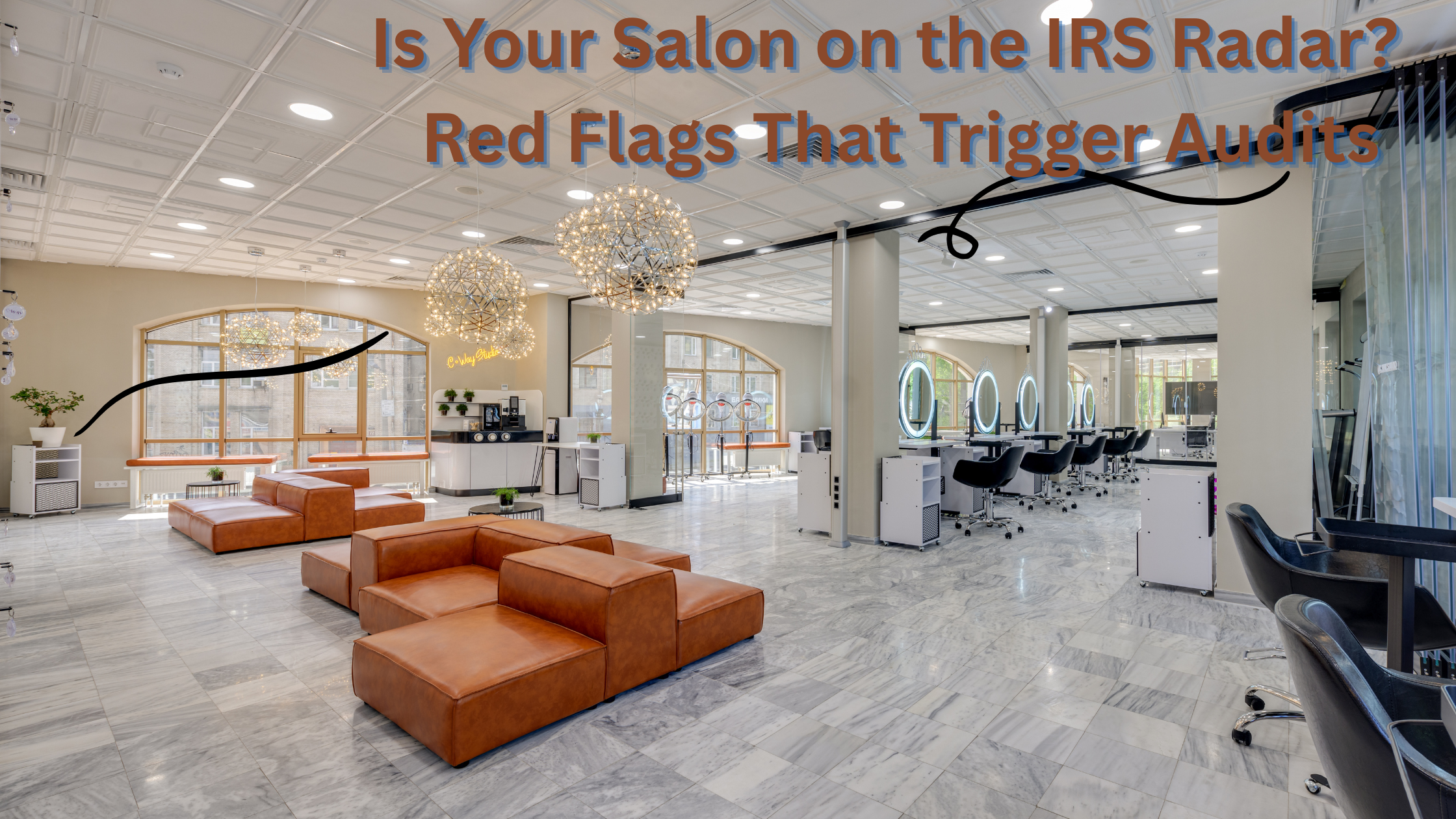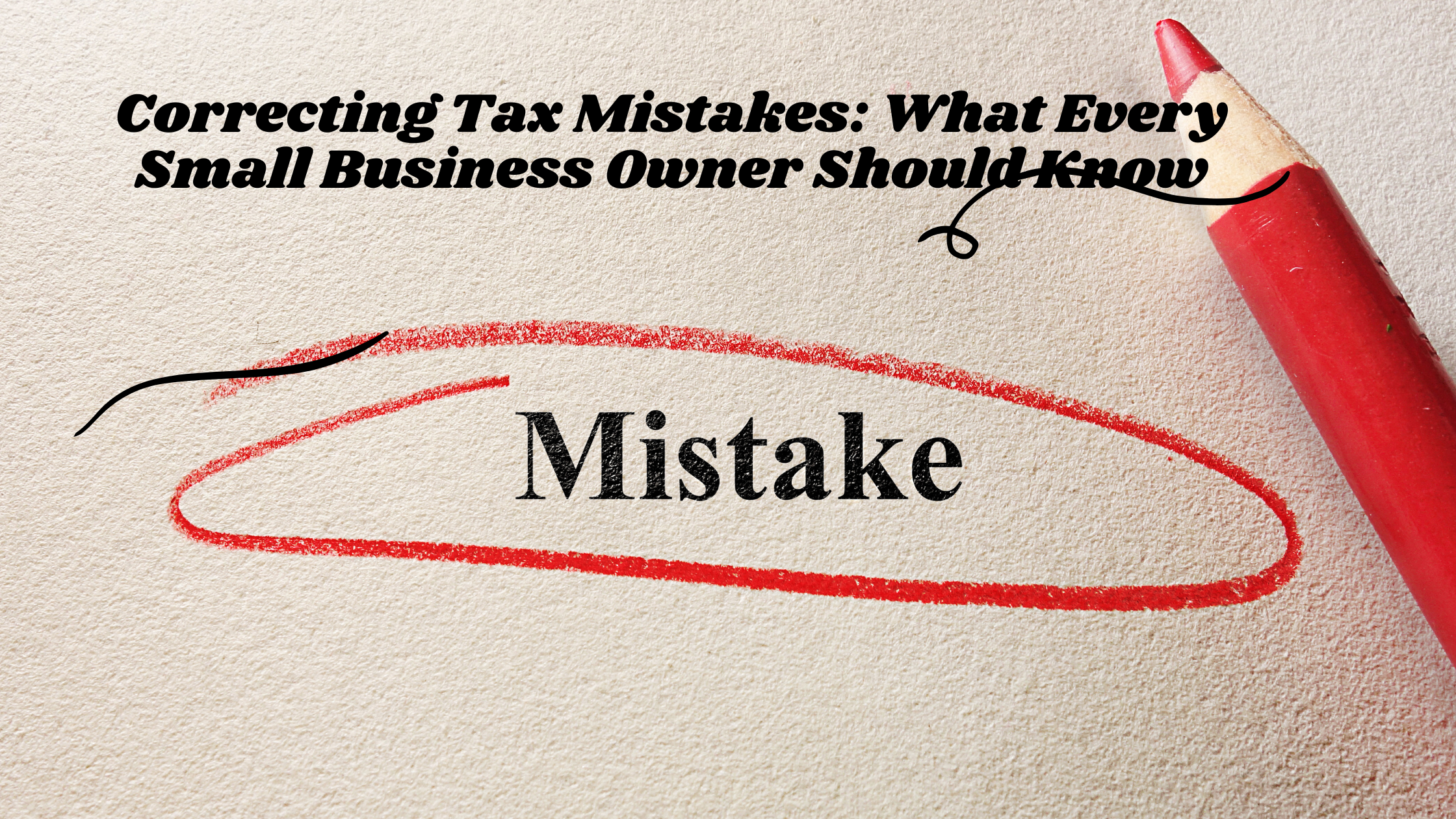A safe harbor is now available for taxpayers seeking to claim the section 199A deduction with respect to a “rental real estate enterprise.” What this means is that certain interests in rental real estate – including interests in mixed-use property – are allowed to be treated as a trade or business for purposes of the qualified business income deduction under section 199A of the Internal Revenue Code.
Rental Real Estate Enterprise Defined
For the purposes of this safe harbor, a rental real estate enterprise is defined as an interest in real property held to generate rental or lease income. It may consist of an interest in a single property or interests in multiple properties. The taxpayer or a relevant pass-through entity (RPE) relying on this revenue procedure must hold each interest directly or through an entity disregarded as an entity separate from its owner, such as a limited liability company with a single member.
Qualifying for the Safe Harbor
The following requirements must be met by taxpayers or RPEs to qualify for this safe harbor:
- Separate books and records are maintained to reflect income and expenses for each rental real estate enterprise.
- For rental real estate enterprises that have been in existence less than four years, 250 or more hours of rental services are performed per year. For other rental real estate enterprises, 250 or more hours of rental services are performed in at least three of the past five years.
- The taxpayer maintains contemporaneous records, including time reports, logs, or similar documents, regarding the following: hours of all services performed; description of all services performed; dates on which such services were performed; and who performed the services.
- The taxpayer or RPE attaches a statement to the return filed for the tax year(s) the safe harbor is relied upon.
If all the safe harbor requirements are met, an interest in rental real estate will be treated as a single trade or business for purposes of the section 199A deduction. If an interest in real estate fails to satisfy all the requirements of the safe harbor, it may still be treated as a trade or business for purposes of the section 199A deduction if it otherwise meets the definition of a trade or business in the Section 199A regulations.
Help is just a phone call away.
If you would like more information about the qualified business income deduction, safe harbor requirements, or any other aspect of tax reform, don’t hesitate to call.




